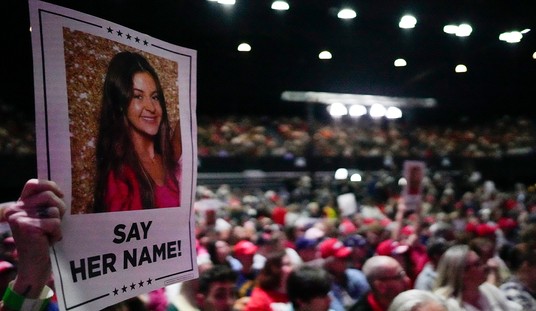The recent death of North Korea’s Dear Leader, and some reactions to it, have reemphasized the need to have adequate understandings of the facts on the ground and to interpret them in light of the culture and history of our enemies. We have not generally done that very well and our reactions to Kim Jong-il’s death are the most recent example. There have been many others.
According to a statement from the White House, the United States
has “no new concerns” about North Korea’s leadership after the death of dictator Kim Jong-il, but a spokesman for President Obama said he is “closely monitoring events.”
“I don’t think we have any additional concerns,” said presidential spokesman Jay Carney. “The issue here isn’t about personalities, it’s about the actions of the government. President Obama has been regularly briefed on the situation.” (Emphasis added)
Yeah, right. Except that as suggested in this article published today at my blog, in North Korea it is mainly about personalities, their interplay and how those in and outside the regency now in place for Kim Jong-un will seek to maintain and augment their personal power and statures. That’s the way the government in North Korea operates; to ignore that is to rely instead upon unreality.









Join the conversation as a VIP Member